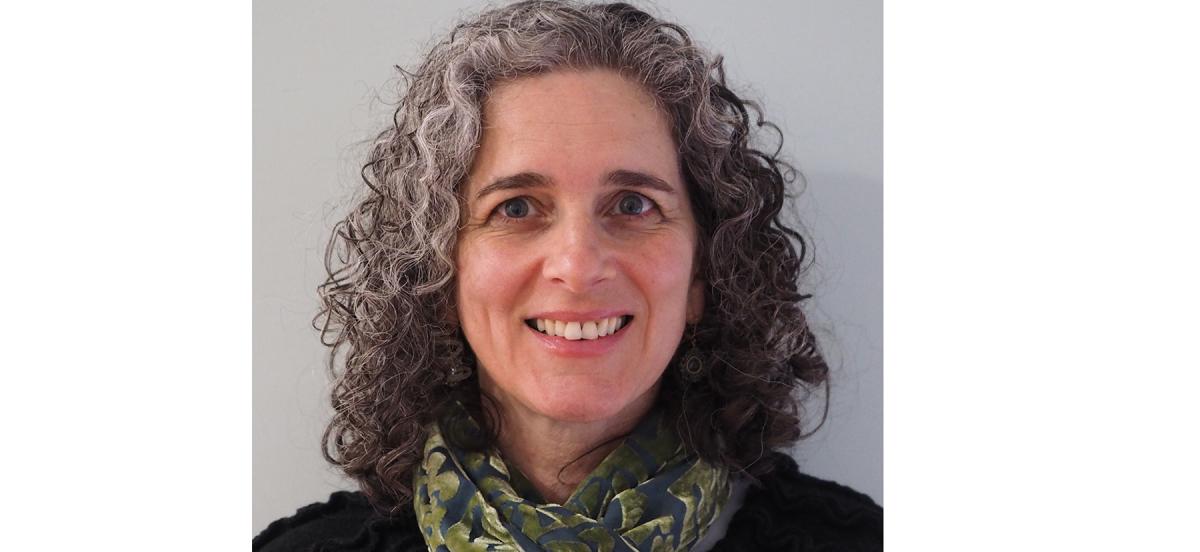Claire Zilber ’84 on How To Take Care of Yourself When You’re the Caregiver

Claire Zilber '84
Details
Zilber, a psychiatrist in private practice in Denver, is the co-author of Living in Limbo: Creating Structure and Peace When Someone You Love Is Ill.
There are few things harder than supporting a loved one through a serious illness. But a challenging diagnosis doesn’t mean life must be grim and grueling, and taking care of someone who is sick does not mean you should give up caring for yourself. That’s the message of a new book co-authored by Claire Zilber ’84, a psychiatrist in private practice in Denver. Living in Limbo: Creating Structure and Peace When Someone You Love Is Ill tells the story of co-author Laura Michaels’ experience after her husband was diagnosed with cancer, and offers accompanying commentary by Zilber, who relates the adaptation strategies described in the story to the elements of psychodynamic, cognitive-behavioral, and mindfulness-based therapies they incorporate. We asked Zilber to talk about a few of those healthy strategies for caregivers.
Avoid nonproductive worry. Worrying about something is helpful to the extent that it prompts you to recognize your next steps. But taking on too many worries at a time, or worrying without also problem-solving, can become a hamster wheel in your brain, getting you nowhere. If you feel overwhelmed, intentionally choose the one or two worries that are most important to tackle today, and set the others aside for another day.
Keep hope alive. Focus on the good. Our brains are wired to collect information that confirms our beliefs and expectations. We can choose to notice information that confirms the positive, such as that our loved one is having a good day today, rather than focusing on the negative, like our loved one had a cough last night. This doesn’t mean ignoring the cough if it’s a sign that you need to call the doctor; you still attend to whatever requires an active response, but you don’t over-focus on it.
Ask for help. I think people really want to help, and we need to let them—but often they don’t know what to do. Tell them. Asking your friends to do something for you is a way to honor the friendship.
Accept and manage other people’s responses to your situation. Well-meaning people sometimes say or do unhelpful things. When someone croons, “Oh you poor thing,” they are expressing pity, which diminishes us. You may choose to educate someone about how their comment feels to you, but it’s not your job to do so if you don’t have the energy. Sometimes it’s just easier to be polite. Also, when family members want to visit your ill loved one, you can create structure and limits. Tell them: “If you come, this is how you can help,” or “This is what I don’t want you to do.”
Allow yourself to grieve your own losses. The demands of caregiving can bring all sorts of losses, such as the cancellation of a long-awaited vacation, the disappearance of time to engage in hobbies, the loss of an innocent belief that you would live happily ever after. Acknowledging the ways your life has changed and allowing yourself to feel sad about it, without descending into self-pity (see below), will help you stay present in your emotions.
Short-circuit self-pity. It’s easy to fall into “Why me? I don’t deserve this.” Or, “My loved one doesn’t deserve this.” That’s not wrong. It’s a natural thought, but it’s not helpful. When I dealt with my own husband’s illness, I struggled with feeling, “It’s not fair.” I finally realized that “fair” is not really a useful construct when you are dealing with illness. Illness is random. From there, I was able to move away from how hard it was for me, to how hard it was for my husband who felt physically terrible.
Balance the scales. Imagine those old-fashioned scales with two dishes. On one side is everything difficult you are going through and have to do. And on the other side is self-care and fun. When someone in our life gets sick, our impulse is to cut down on fun and nourishing activities, but that puts us more off-balance. It’s best to put more weight on the self-care side, but to do it mindfully. For example, go for a run with a friend so you can get exercise and connection at the same time. This is not a time to cut corners on your sleep, exercise, and nutrition. How can you take care of your loved one when you are running on empty?
Hold on to the things you enjoy. Ground yourself in your old ways of being healthy, even as you are changing your priorities and plans. If exercise, or music, or enjoying a good belly laugh at a comedy film are what lighten your spirit, find ways to keep them in your life, even if it’s from a hospital bedside.




